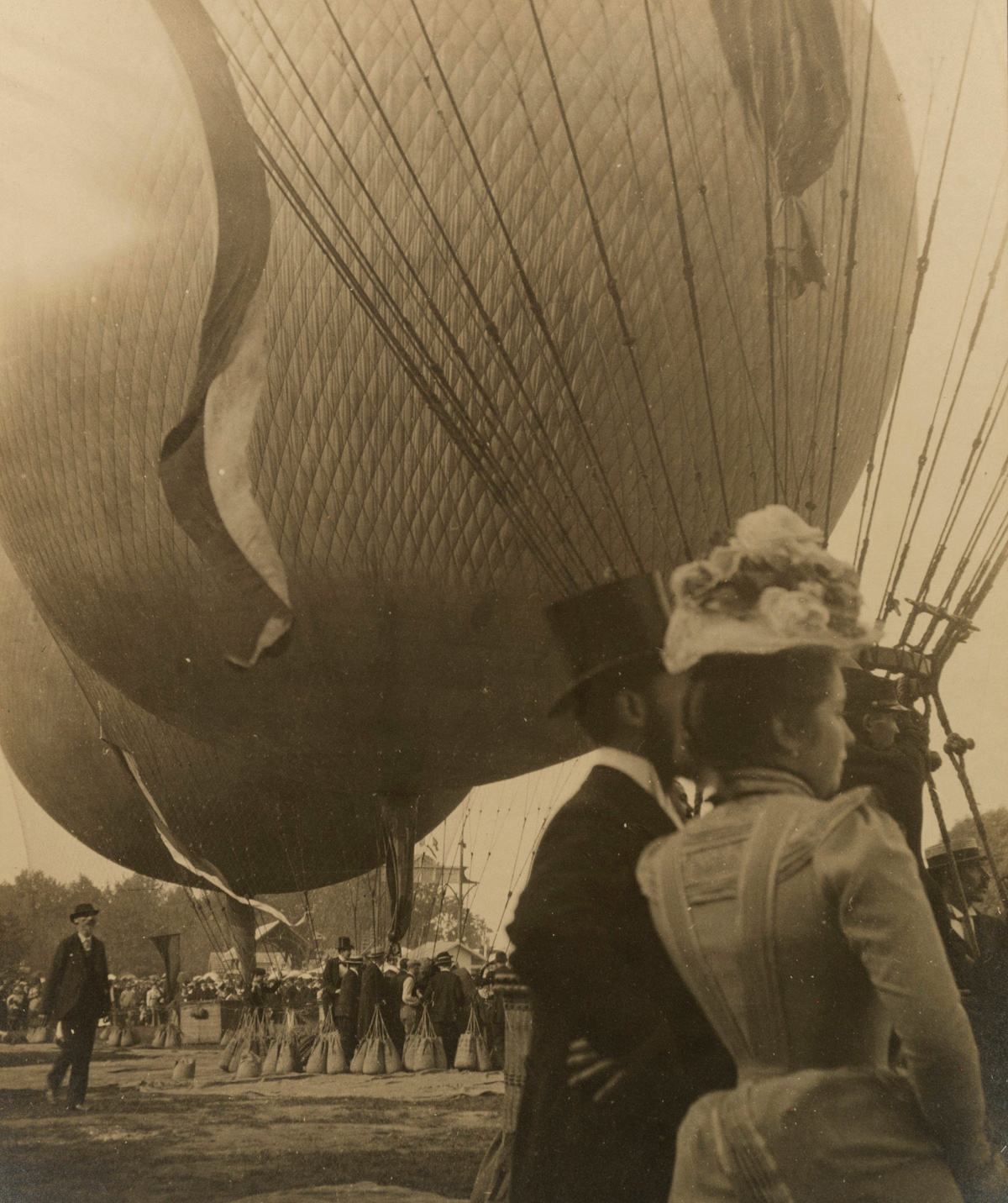National Spirit and the 1900 Olympics
The Paris Olympics of 1900 celebrated not just sporting excellence, but France’s might.

This year’s Paris Olympics are the third to be held in the city – where the decision was made in 1894 to revive this ancient Greek event – but the first for exactly 100 years. After paying homage to the Olympics’ origins by entrusting the first modern Games to Athens in 1896, the newly formed International Olympic Committee (IOC) decided that the second – and the first of the new century – would take place in Paris in 1900.
At this time Paris was teeming with ideas, whether artistic, scientific or industrial. This ferment of innovation was epitomised by the world’s fairs, where the masses came to marvel at the new and to wonder at humanity’s ingenuity and growing mastery of the world around them. An Exposition Universelle had already been earmarked for Paris that year. The 1900 Olympics duly became an adjunct to this, with the French state able to elbow aside the stripling IOC and shape the Games in line with its priorities of economic and military strength.







